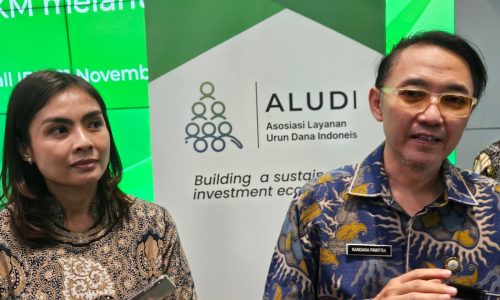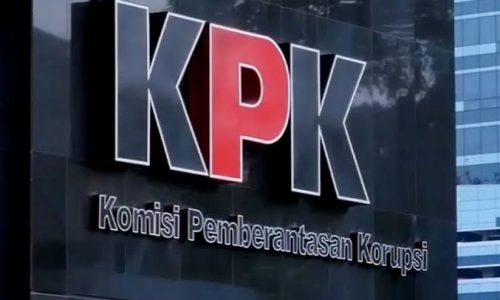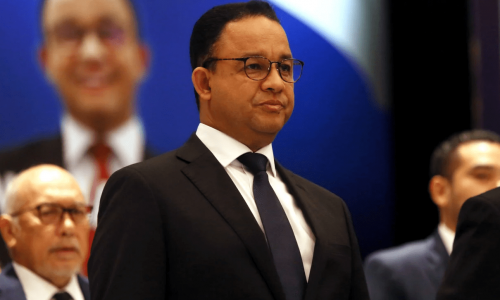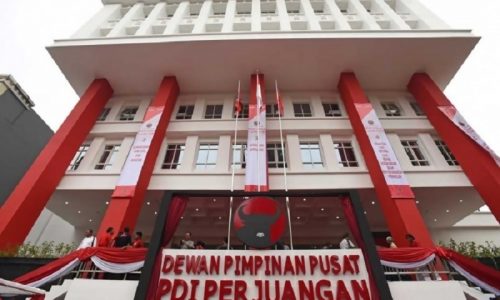Deputy Minister of Finance, Anggito Abimanyu, has highlighted the potential for new tax revenues by addressing activities within the “shadow economy”, referring to economic transactions that contribute to the Gross National Product (GNP) and Gross Domestic Product (GDP) but remain unregistered and unrecorded in official data.
Abimanyu pointed to online gambling and gaming as examples of untaxed shadow economy activities.
“They don’t pay fines, they aren’t seen as illegal, and yet their winnings contribute to income. Such gains should ideally be subject to income tax (PPh),” he said while addressing a recent event celebrating the 15th anniversary of UGM’s School of Vocational Studies.
Abimanyu acknowledged the difficulty in tracking and taxing such income, as participants in online gambling and gaming may not voluntarily report their earnings.
“Our tax team must be innovative in detecting these additional income sources from the underground economy,” he said.
To capitalize on this untapped source of revenue, Indonesia’s Ministry of Finance plans to conduct a detailed assessment of shadow economy activities.
This sector, which includes smuggling, drug trafficking, and unregulated goods trading, is notoriously difficult to monitor as they involved parties actively avoid identification. Often called “the dark economy” or “underground economy,” these activities can generate significant revenue without any tax contributions.
A study by Schneider and Buahan (2018) found that shadow economy participants evade tax obligations, causing substantial revenue losses for the government. Corruption and shadow economy practices, according to research by Razvan Hoinaru and colleagues (2020), often go hand-in-hand, undermining sustainable economic growth and weakening democratic governance.
Indonesia’s tax authority has identified three sectors particularly prone to shadow economy activities: agriculture and fisheries, with a tax ratio of 0.89 percent; transportation and warehousing at 5.5 percent; and information and communication at 7.3 percent.
These sectors could be key areas for targeted tax measures, and accurate measurement of shadow economy activities could help prevent GDP calculation biases while minimizing tax revenue losses.
Beyond reducing government revenue, the shadow economy can distort GDP calculations and drive up budget deficits, potentially leading to higher tax rates.
According to data from the Indonesian Financial Transaction Reports and Analysis Center (PPATK), shadow economy activities account for an estimated 30-40 percent of Indonesia’s GDP.
Based on the 2020 GDP figure of Rp15,434.2 trillion (US$980.7 million), this places the shadow economy’s value between Rp4,603.5 trillion and Rp6,173.6 trillion, underscoring the sector’s significant impact on national revenue.









